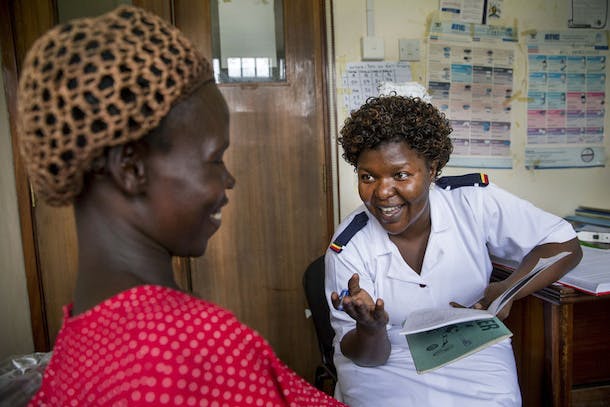
We are just months away from the United Nations Post-2015 Summit in September, when world leaders will come together to adopt a new set of global goals to succeed the Millennium Development Goals (MDGs). There is clear consensus that successful implementation of the new global goals in 2016 will be rooted in reliable, accurate, and timely data. Strong data will help to show us where we need to focus our interventions – such as ensuring access to health services, education, and more – and help us to monitor progress we make in improving lives around the world.
Data are fundamental to all aspects of development, and yet, data are often overlooked as critical for development success. There are glaring data gaps across all eight MDGs and even more across the additional issues covered by the new global goals. We could use better information on how many people in the world, men or women, are poor because the data we rely on to estimate poverty figures are drastically out of date. We need to strengthen capacities at national and local levels and bring new technology to bear to ensure we have accessible and usable data to underpin development policies and programs.
The United Nations Foundation has been at the forefront of discussions around data and post-2015 implementation. We have convened partners to discuss the needs and gaps in data at the country-level, including channeling national level perspectives into the negotiations taking place in New York, and working to get concrete ideas on the table about how to finance the data revolution. The UN Foundation also houses Data2X, which works to advance gender equality and women’s empowerment by building partnerships to improve availability and use of gender data.
Last week, we joined partners, statisticians, and lead data researchers from around the world at the Cartagena Data Festival to explore the challenges and opportunities to strengthen data systems for better development outcomes. The meeting showcased the wealth of activity and enthusiasm around data for development. There is strong global momentum to modernize and harmonize data systems as the world adopts a new set of global goals that will require monitoring. We heard a lot. From identifying ways to empower and engage communities in using and producing data to addressing local needs to opening new data sources with private sector engagement, the ideas were vast.
Discussions and planning, just like the Cartagena Data Festival, are crucial to mapping out the needs to make implementation and monitoring of the new goals a success. We live in the information age. The development community is one of the last to fully embrace this reality. A data revolution is well underway, but we need to harness it for sustainable development. The revolutionaries were on display in Cartagena, showcasing the many innovations happening at all levels to strengthen data for development. We need concerted global, regional, and national action to bring these efforts to scale for the post-2015 era.
(Photo: Jonathan Torgovnik/Getty Images Reportage)



 View All Blog Posts
View All Blog Posts